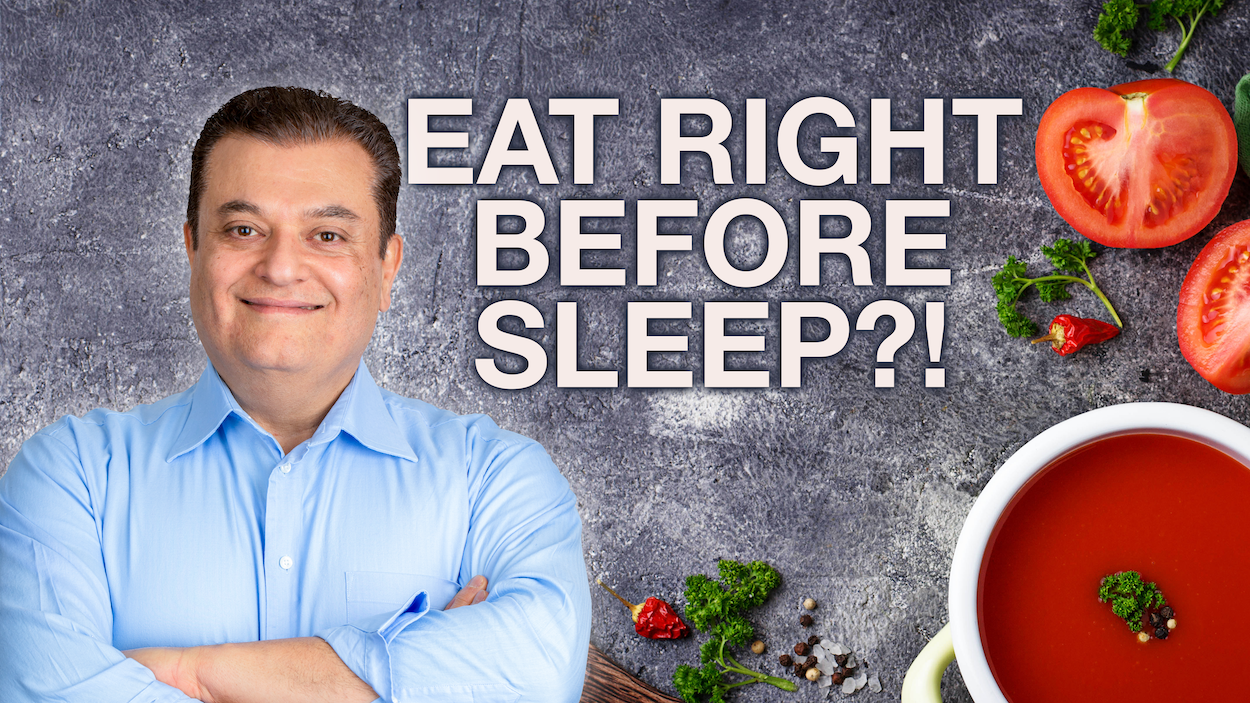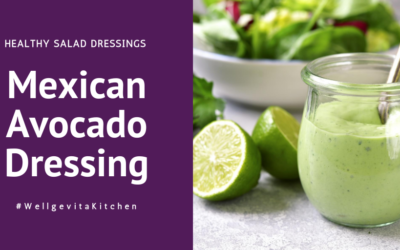A lot of us know it’s not healthy to eat before bedtime – defined as between dinner and bedtime – but we do it anyway.
There are several reasons why people may do this –
- Some people probably eat dinner early and by the time they are ready to go to sleep, they feel hungry and then they eat again before they go to sleep.
- Another reason may be that people may snack between dinner and bedtime when they may be watching TV, Netflix or working on their laptops.
- During the pandemic, some people may be staying up later and have fallen into the habit of late-night eating.
What Happens in the Body When You Eat Close to Bedtime?
Before bedtime, everything in the body gradually gets ready to create a shift from daytime operation to nighttime operation. The body knows it is nighttime as the brain gets a signal due to the lack of sunlight which starts to set off the production of melatonin.
Every single cell in the body operates based on a certain rhythm and the simplest way or best way to categorize that rhythm would be daytime and nighttime.
There are about 25 or more trillion cells in the human body and there are also about 37 to 39 trillion cells as beneficial bacteria that live inside the body.
Every one of these cells in the body is controlled by its own DNA which in turn is controlled by several different hormones produced by the body, which are controlled by the brain, and which is finally controlled by a master hormone called melatonin which is the body’s sleep hormone.

Sleep is important for managing the body’s natural built-in clock and sleep affects every single one of the trillions of cells in the body. It impacts the nighttime cellular functions and daytime cellular functions.
For example, during the night, when you are asleep your body start healing processes. It produces the enzymes and the hormones and everything else that the body needs so every cell can heal itself from the damage created during the day.
Daytime is not about healing; it’s about energizing the body to be able to get things done. The heart must pump, the muscles have to move, the brain has to operate and think and solve problems. These are normal activities during the day and the hormones, enzymes and body functions initiated during daytime are such to support these daytime actions.
What happens then if you eat before you go to bed or between dinner and bedtime?
The body thinks it is daytime! The natural shift from daytime operation to nighttime doesn’t happen because the body doesn’t get the full signal to shut down as digestive processes have been stimulated.
Nighttime cellular healing and regeneration is now not going to happen. Eating before bedtime then deprives your body from healing, from recovery, from fixing the things that got damaged during the day.
Over time this can have serious negative consequences for your health, like:
- cancer
- heart attacks
- obesity
- diabetes
- fatty liver
How to Stop Eating Before Bed
If you are hungry at night before you go to bed, then you are already past your bedtime. Try to go to bed earlier so that you don’t get hungry again before bedtime.
Also challenge the notion that you cannot fall asleep on an empty stomach. It may not be easy to fall asleep initially on an empty stomach, but with some effort and practice you will fall asleep and your body will readjust. It is in fact the best time to sleep when your stomach is empty.
How Long to Wait Before Sleeping After Eating?
You should not eat for at least three hours and ideally for four hours prior to going to sleep. If you eat dinner at 6:00 pm for example, then you can go to sleep at 10:00 pm. Again, ideally there should be a period of no food for 3-4 hours before you go to sleep. Water and herbal teas (unsweetened except for natural honey up to 1 teaspoon) are fine for hydration.
Don’t deprive your body of the healing and regeneration it deserves at night. We encourage you to incorporate this healthy lifestyle practice into your life so that you can live a long and happy life.
LIFESTYLE HABIT: Stop eating 3-4 hours before bedtime.










